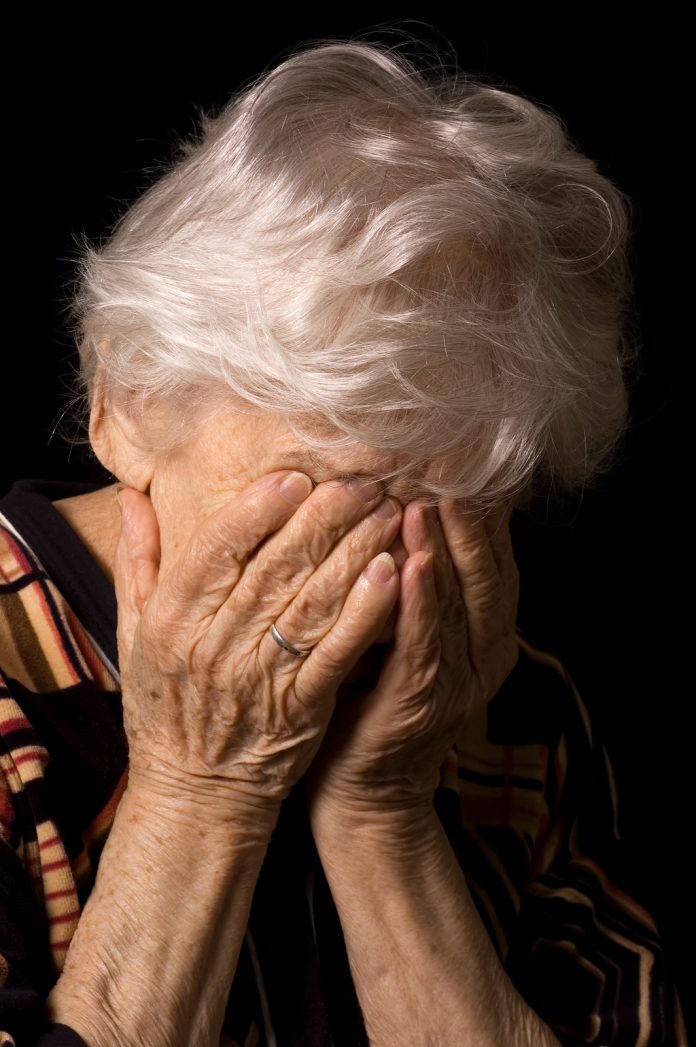Senior abuse happens way too often. And many don’t know that the senior abuse is even happening.
It is often referred to as the silent form of abuse. While a bruise leaves a physical marking and is easily identified, psychological abuse leaves no trail of evidence. Yet, the scars run just as deep. The symptoms live inside of you, unbeknownst to others, and can be harder to detect.
Psychological abuse is referred to as treatment of an individual that diminishes his or her self-worth and dignity. It is thought to be the most common of all forms of elder abuse. Your aging relative may be weakening and not able to fight back as easily as he once did. Perhaps he does not hear, see or think as clearly as before, leaving him open to being easily taken advantage of. Psychological abuse can take place in the sufferer’s home by adult children and extended family, or in an institutional setting, such as a long-term care facility.
Here are some ways in which seniors can be emotionally abused:
Isolation is Senior Abuse
Preventing or restricting someone from seeing his family, friends or participating in regular social activities is abusive behaviour. It is depriving that person of the ones he finds the most comfort in. This type of abuse can also come in the form of neglecting to pass on phone messages or mail, thus leading the senior to believe no one cares about him. This kind of isolation strips a person of self-worth.
Humiliation and Degrading is Senior Abuse
Belittling, name-calling, ridiculing – these all fall under the category of degradation. Treating the senior like an infant is incredibly insulting and humiliating. A person may have lost some his facets through the aging process, but is certainly not a child and doesn’t deserve to be treated as such. Wagging a finger in a scolding manner at a senior and threatening to take away things he derives joy from is another example of this type of abuse.
Mind Games and Terrorizing is Senior Abuse
Playing cruel and unusual mind games with a senior is a bizarre form of abuse that is seen all too often. This can include hiding basic necessities, such as a cane or dentures, or purposely leaving them out of reach. Depriving an elder of a walker and therefore confining him to his bed is particularly abusive. Like anyone, seniors want to feel independent and useful. Creating an environment where the person is totally dependent on someone else to survive is harmful.
Emotional Neglect is Senior Abuse
This includes failing to provide necessary care for a senior. Whether it’s ignoring pleas for help or refusing to administer medication, this type of abuse can be very damaging psychologically. Showing a total lack of affection for a senior can make that person feel completely unloved and unwanted.
Watch for the next article on “Signs of Senior Abuse.”























